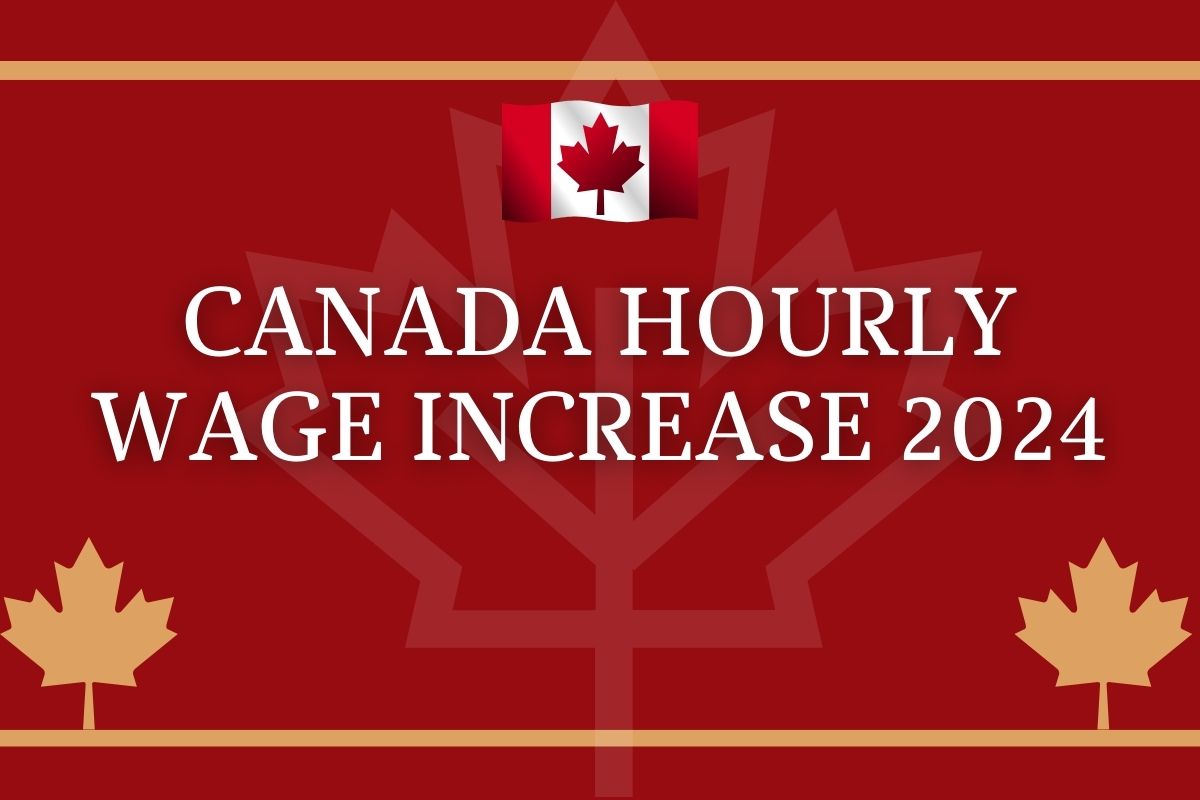Cracking the Canadian visa system can feel like an overwhelming task, especially when you’re faced with choices like family, visitor, or study visas. Each type of visa has its own set of requirements and processes, making it crucial to understand which one suits your needs best. Here’s your ultimate cheat sheet to help you navigate the maze of Canadian visas and make an informed decision.
1. Family Visa Process: Keeping Loved Ones Together
If your goal is to reunite with family members in Canada, a family visa is the way to go. Here’s what you need to know:
- Eligibility: To apply for a family visa, you must be a Canadian citizen or permanent resident and be sponsoring a close family member, such as a spouse, child, or parent.
- Application Process: The process involves submitting a sponsorship application along with the applicant’s visa application. You’ll need to provide proof of your relationship, financial support, and meet specific requirements set by Immigration, Refugees and Citizenship Canada (IRCC).
- Processing Time: Family visa applications can take several months, so it’s essential to plan ahead and ensure all documentation is complete and accurate.
2. Visitor Visa: Exploring Canada Temporarily
A visitor visa allows you to stay in Canada temporarily for tourism, business, or visiting friends and family. Here’s what you should know about the visitor visa:
- Eligibility: To qualify for a visitor visa, you must demonstrate that you have ties to your home country, sufficient funds for your stay, and a valid reason for your visit. You must also prove that you will leave Canada before your visa expires.
- Application Process: The application involves submitting forms, providing proof of financial support, and undergoing a medical examination if required. You may also need to provide a letter of invitation if visiting family or friends.
- Processing Time: Visitor visa processing times can vary, so apply well in advance of your planned travel dates to avoid delays.
3. Study Visa Application Process: Pursuing Education in Canada
If you’re looking to study in Canada, you’ll need a study visa. Here’s a breakdown of the process:
- Eligibility: To apply for a study visa, you must have an acceptance letter from a Designated Learning Institution (DLI) in Canada, prove you have enough funds to cover tuition fees and living expenses, and meet health and character requirements.
- Application Process: The study visa application involves submitting proof of acceptance, financial documents, and a statement of purpose explaining why you want to study in Canada. You may also need to provide biometrics.
- Processing Time: The processing time for study visas can vary based on your country of residence and the time of year. Applying early and ensuring all required documents are included can help expedite the process.
4. Tips for a Smooth Application
- Gather Documentation Early: Ensure you have all necessary documents before starting your application to avoid delays.
- Follow Instructions Carefully: Each visa type has specific requirements, so follow the instructions provided by IRCC closely.
- Seek Professional Advice: If you’re unsure about any part of the application process, consider consulting with an immigration expert to ensure your application is accurate and complete.
Choosing the Right Visa
Deciding between a family, visitor, or study visa depends on your purpose for coming to Canada and your individual circumstances. Understanding the requirements and processes for each type of visa can help you choose the right path and make your application process smoother.
For personalized assistance and expert guidance on navigating the Canadian visa maze, contact Bluethroat Immigration. Our team is dedicated to helping you find the best visa option and ensuring a successful application.




